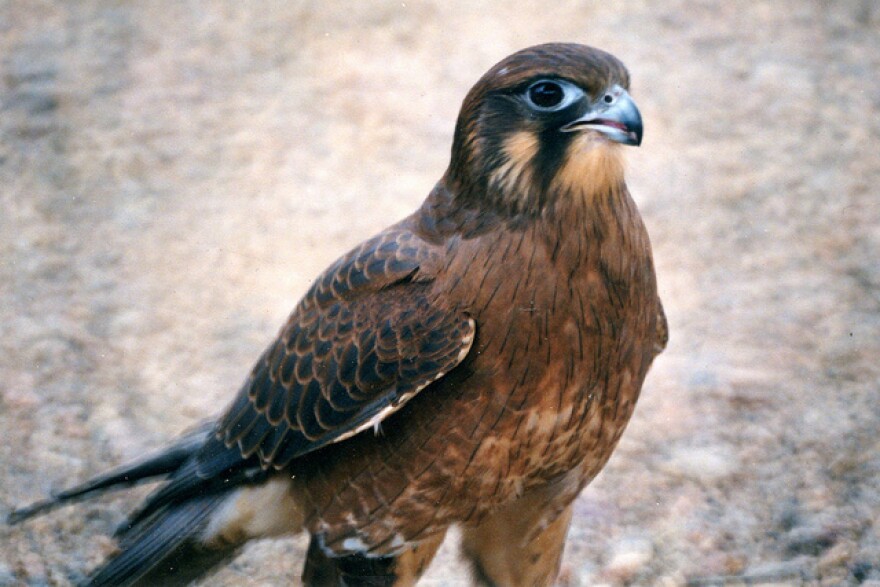Human beings seem to possess a perennial urge to locate and define those qualities that make our species unique. We are constantly looking for traits that we don’t share with any other living creatures.
Why we do this is a psychological, perhaps an evolutionary question I’m not about to get into here, but the urge is real and persistent.
For most of our history, we separated ourselves metaphysically from the rest of creation. Man, we said, was created in God’s image, while the rest of the animals were beasts of a lower order. There are still vestiges of that belief in our common speech. When we say someone is acting “like an animal,” it is still a pejorative phrase, implying that we are not acting like humans.
But in 1871, with the publication of The Descent of Man, Charles Darwin definitively obliterated that distinction, proclaiming that, “Man still bears in his bodily frame the indelible stamp of his lowly origin.” In other words, humans, like all living creatures, descended from a common ancestor. Modern science has not only confirmed Darwin’s thesis, but given it a biological basis in our DNA, 99% of which, for instance, we share with chimpanzees.
This discovery, however, has hardly dampened the quest for what distinguishes us from the rest of the world’s fauna. Over the past decades we’ve made various other claims: that we’re the only species that uses tools, or speech, or understands symbols, creates shelters, even makes art, and so on - only to find other species that seem to exhibit these abilities as well.
So desperate do we seem to find some characteristic or behavior that separates us from the rest of creation that we’ve even put forth some of our less desirable traits. Mark Twain, for instance, asserted that “Man is the only creature that blushes, or needs to.” Whether this is scientifically true I can’t say, but other reprehensible traits have been cited as being unique to our species. Gratuitous cruelty, for instance, or wanton killing, or the ability to wage war have all been put forth as distinctly human traits – that is, until Jane Goodall’s extensive studies of chimpanzee behavior showed that even in these less-than-admirable traits, we cannot claim uniqueness.
The latest affront to our claims of evolutionary uniqueness challenges our long-time cultural assumption that only lightning and humans can be blamed for wildfires. Generations of children have been warned that “Only YOU can prevent forest fires.” But not so fast.
A recent study of two Australian bird species - the brown falcon and the black kite - suggests that these birds deliberately hunt at the edges of fires, where they pick up smoldering branches or twigs and transport them to other areas where there are dense populations of prey such as frogs, lizards, and snakes. The birds then deliberately drop the burning twigs, setting off new fires that flush their prey, making them easy to catch.
Now the evidence that these birds do indeed deliberately set wildfires is still largely anecdotal, but if proven true, it will not only be one more thwarted attempt to prove ourselves distinct from the rest of the world’s creatures, but in the future, Smoky the Bear may have to admonish us: “Remember, only you – and the Australia brown falcon and the black kite and maybe some other species we don’t know about yet – can prevent forest fires.”
Doesn’t have the same ring, does it?







